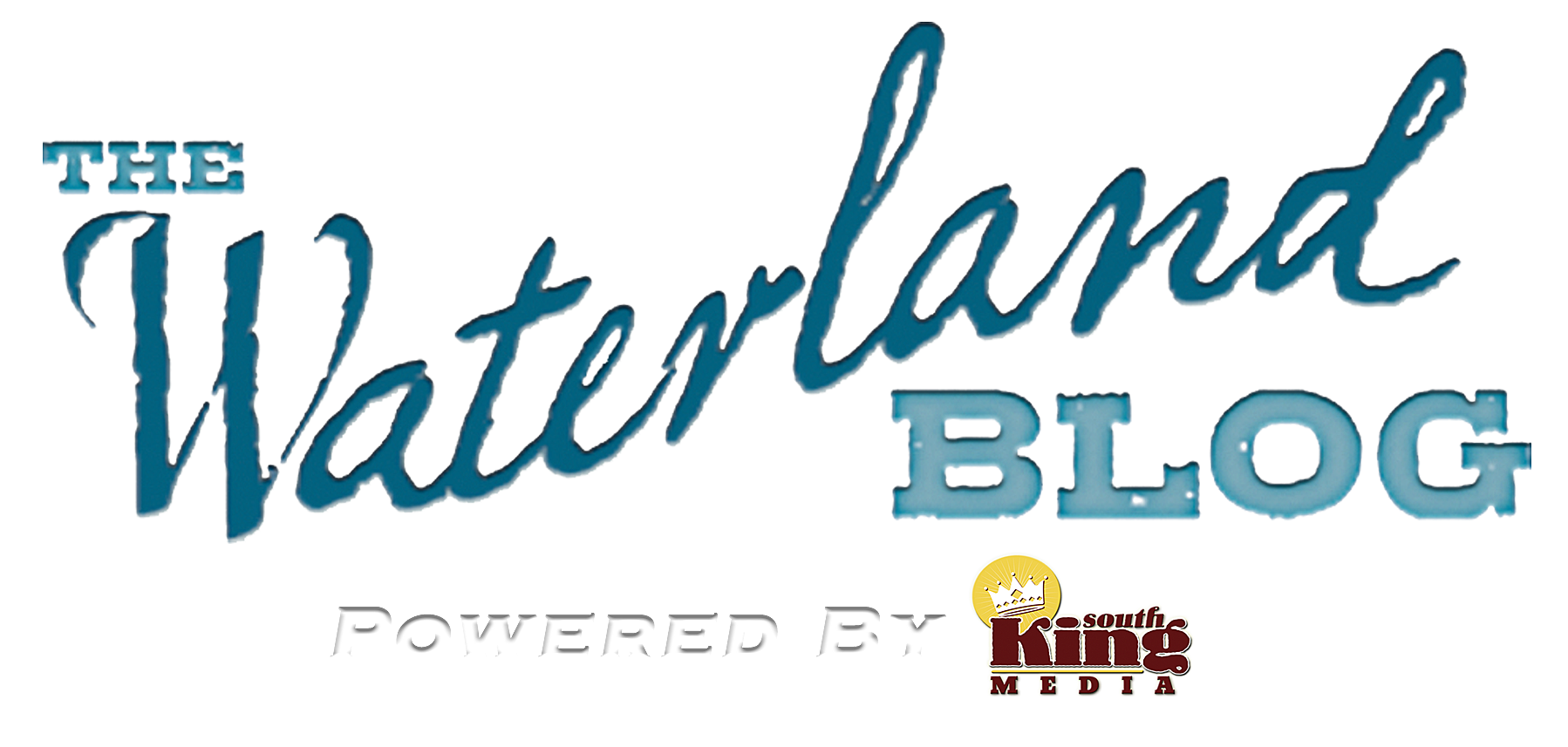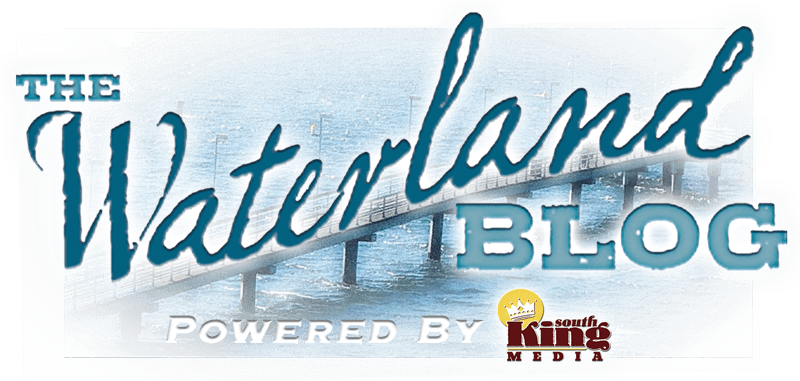The public is invited to free events and workshops Jan. 19–26, 2016, as Highline College hosts its 21st annual Martin Luther King Jr. Week celebration.
United by the theme “Justice: Beyond a Dream,” all events will be held on Highline College’s main campus in Des Moines, located midway between Seattle and Tacoma at South 240th Street and Pacific Highway South (Highway 99).
Highline’s Martin Luther King Jr. Week is sponsored by the college’s Office of Multicultural Affairs, Center for Leadership and Service, Whites on White committee and Learning and Teaching Center.
For more information, contact Multicultural Affairs: email [email protected], call (206) 592-3296 or visit multiculturalaffairs.highline.edu/mlkweek.php.
Here’s what’s on the agenda:
Date/Time: Tuesday, January 19, 10–11:30 a.m.
Event: Performance by Kay Barrett: “You Are So Brave”
Location: Building 7
Description: Barrett’s performance will harnesses political poetic storytelling with elements of spoken word and theatre. Informed by hip-hop and the jazz aesthetic, Barrett intimately strips down pretense and engages love and an examination of the world. As a cultural worker, Barrett aims to question notions of desirability, single-issue identity, and what exactly is mainstream normal. Themes explored during the performance include intersecting identities in struggle with racism, misogyny, cissexism, migration, death/loss, queer love and disability. Learn more: kaybarrett.net.Date/Time: Tuesday, January 19, 1:30–3:30 p.m.
Event: Film screening of “14: Dred Scott, Wong Kim Ark and Vanessa Lopez” followed by Q&A session with the director, Anne Galisky
Location: Building 7
Description: The documentary film “14: Dred Scott, Wong Kim Ark and Vanessa Lopez” explores the recurring question about who has the right to be an American citizen. The film examines the citizenship clause of the 14th Amendment through compelling personal stories and expertly told history. Learn more: 14themovie.com.Date/Time: Wednesday, January 20, 10–11:30 a.m.
Event: Lecture by Dr. Robin DiAngelo: “What Does It Mean to Be White in a Society That Proclaims Race Meaningless Yet Is Deeply Divided by Race?”
Location: Building 7
Description: DiAngelo will describe the way race shapes the lives of white people, explain what makes racism so hard for white people to see, and identify common white racial patterns that prevent us from moving towards greater racial equity. Weaving information, analysis, stories, images, and familiar examples, she will provide the framework needed to develop white racial literacy. While the focus is on patterns of whiteness, the framework may also be useful to people of color in their navigation of these patterns. Learn more: robindiangelo.com.Date/Time: Wednesday, January 20, 1:30–3 p.m.
Event: Workshop by Kay Barrett: “Liberation Shows Up!”
Location: Building 8, Mt. Constance room
Description: Barrett’s performance will dare us to understand and adore our whole selves. People who are disabled, sick, chronically ill, deaf, and/or brilliant/crazy are often understood as flawed. Transgender and queer people of color can be impacted by displacement and migration. How can we come to a place of honoring ourselves fully? Attendees are invited to embrace a sexy, complicated, sacred, powerful and amazing lineage via performance. Learn more: kaybarrett.net.Date/Time: Thursday, January 21, 9–10:30 a.m.
Event: Lecture by Dr. Michael Hale: “Between Civil Rights and Black Power, James Baldwin’s Prophetic Vision ‘To End the Racial Nightmare, and Achieve Our Country’”
Location: Building 7
Description: With the 50th anniversary of many landmark civil rights victories, several scholars and activists have tried to understand the explosive conflict between the nonviolent civil rights movement inspired by Dr. Martin Luther King Jr. and the militant Black Power movement inspired by Malcolm X. Hale will argue that James Baldwin had a prophetic understanding of this conflict that allowed him to develop a creative synthesis of both civil rights and Black Power principles. The chant of “black lives matter” heard across our county indicates that there is no better time to discuss James Baldwin.Date/Time: Thursday, January 21, 11 a.m.–12:30 p.m.
Event: Panel discussion facilitated by Barbara Talkington: “The Big Move: A Panel on Gentrification in King County”
Location: Building 7
Description: Communities are shifting in Seattle, leading to major changes impacting Highline students. Panel will include community activists and servant leaders who will discuss what gentrification is, how gentrification in Seattle is impacting our communities in south King County, and why it is happeningDate/Time: Friday, January 22, 11:30 a.m.–1 p.m.
Event: Luncheon and lecture with founding members of the University of Washington Black Student Union
Location: Building 8, Mt. Constance room
Description: Student movements have often served as the catalyst for social change. Join us for a special luncheon with the historic founding members of the University of Washington Black Student Union. They will share their journey through the 1960s, including their involvement in political movements such as the civil rights movement and the importance of having allies while pursuing justice.Date/Time: Friday, January 22, 2–4 p.m.
Event: Workshop presented by Carly Brook of One America: “Is the Washington State Budget Racist?”
Location: Building 8, Mt. Constance room
Description: Brook’s interactive workshop will delve into the not so sexy, but critical issue of Washington state’s regressive revenue/tax system. How have racist state policies transferred from explicit discrimination in Washington to economic, institutionalized racism? Brook will use story sharing, popular education and presentation to examine the Washington state revenue system as one of the policies most single-handedly responsible for economic and racial oppression in our state.Date/Time: Tuesday, January 26, 2–4 p.m.
Event: Workshop facilitated by Dr. Robin DiAngelo: “White Fragility”
Location: Building 8, Mt. Constance room
Description: White people in the U.S. live in a racially insular social environment. With racial perspectives rarely challenged, we have not had to develop the stamina needed to tolerate racial stress. DiAngelo terms this lack of stamina “White Fragility.” When we are challenged in cross-racial interactions, White Fragility triggers a range of defensive moves that are damaging to people of color and prevent us from developing the skills we need to create a racially just society. This session will overview White Fragility and provide the perspectives needed for more constructive cross-racial interactions. While the focus is on patterns of whiteness, the framework may also be useful to people of color in their navigation of these patterns.

